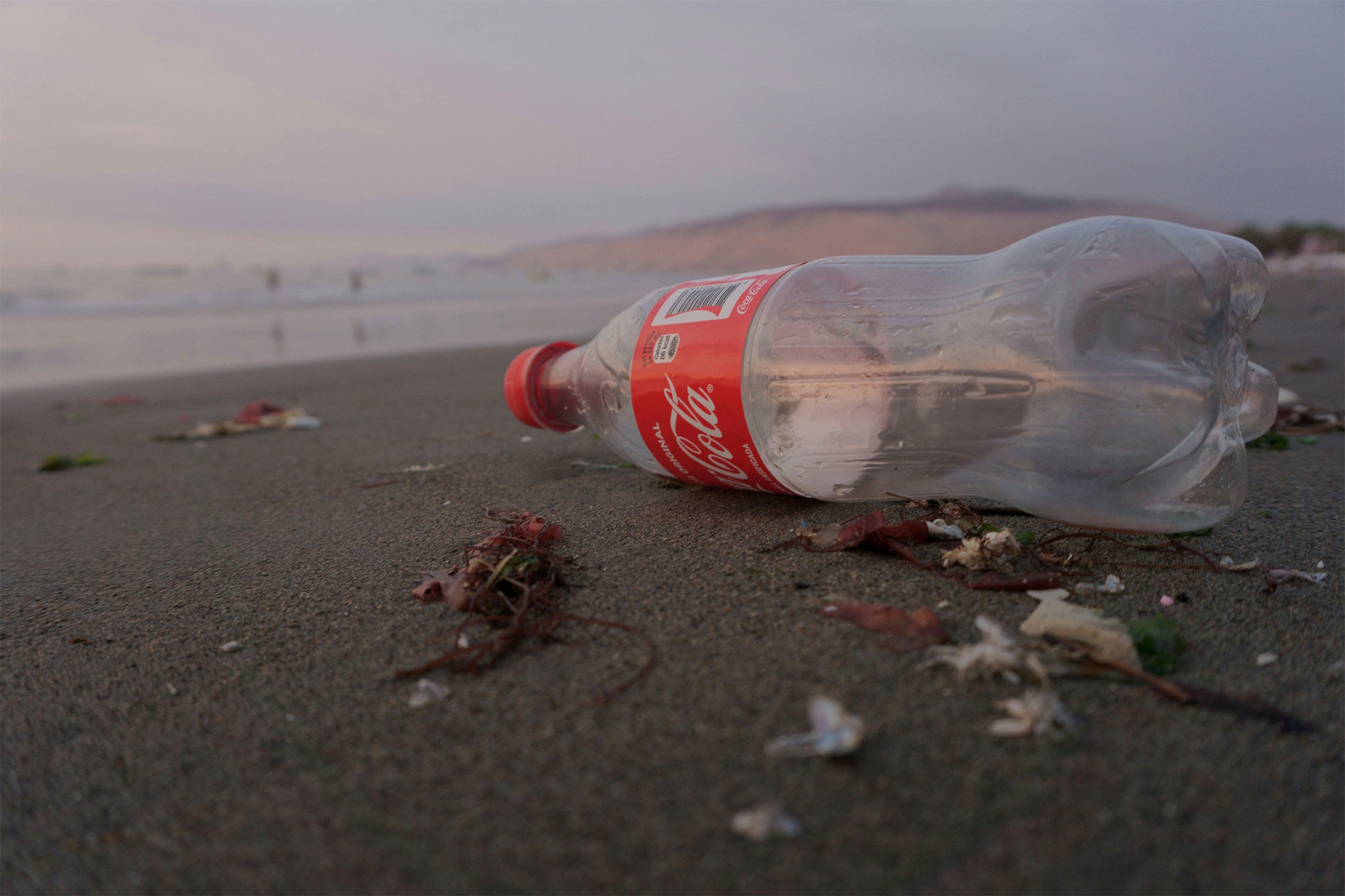Mexican Government & Soft Drink Monopolies Agree to Reduce Soda Tax
This article by Enrique Méndez and Néstor Jiménez originally appeared in the October 16, 2025 edition of La Jornada, Mexico’s premier left wing daily newspaper.
Mexico City. Following an agreement between the federal government and soft drink manufacturers, the Chamber of Deputies agreed that the IEPS (Special Tax on Drinks) rate for beverages sweetened with non-caloric sweeteners—in “light” or “zero” formats—will be 1.5 pesos per liter, rather than 3.08 pesos per liter as stipulated in the Finance Committee’s ruling.
The agreement will be consolidated later in the full House session, where the IPES Law will be amended accordingly. It was announced after representatives from different parties complained about pressure from lobbyists for companies to avoid imposing the tax on light beverages.
The goals were presented by the Ministry of Health, as well as by senior Coca-Cola executives, who offered to gradually reduce the sugar content of their soft drinks by 30 percent.
In a joint press conference with Morena representatives and Health Secretary David Kershenobich, the companies pledged to reformulate their products, launch new presentations and serving sizes, expand their portfolio of low-sugar and zero-calorie beverages, and expand the market for reduced- and no-sugar beverages. They also self-regulated their advertising to reduce the impact of consumption on children and adolescents.
From the outset, they offered to exclude children and adolescents from their advertising and to focus their presentations on group consumption rather than individual consumption. For example, they will focus on promoting a three-liter Coca-Cola, according to Patricio Caso, a representative of the multinational corporation.
“We share the significant concern of the government, Congress, and all sectors regarding the rates of overweight and obesity in the country. It is a complex, multifactorial problem, whose management and prevention require decisive and collaborative action from all sectors,” said Andrés Massieu Fernández of the Mexican Beverage Association.
At the conference, Undersecretary Mauricio Clark mentioned the increase in the IEPS (Special Tax on Soft Drinks) and the application, for the first time, of a tax on beverages with sweeteners due to the level of the cardiometabolic health crisis.
“Today, the level of diseases associated with excess weight and poor eating habits has us facing a clear public health crisis. Therefore, one of the main public policies we sought to improve had to do with reducing sugary drinks, which contribute to this health crisis.
“Thus, in designing the economic package, we determined that increasing the IEPS (Special Tax on certain beverages) from 1.65 to 3.08 per liter would be relevant and could yield very positive results for the population, and that for the first time this policy would also include non-caloric sweeteners in beverages,” the official said.
However, he noted that as part of the agreement with the soft drink companies, the rate was set to be 1.5 pesos per liter for sweetener-based beverages, and 3.08 pesos for sugar-sweetened beverages.
Health Secretary David Kershenobich explained that the goal is not only to raise funds but also to improve health outcomes, emphasizing that the primary beneficiary will be the general population.
He noted that the prevalence of heart disease, diabetes, and kidney disease is increasing, despite efforts to address them, and the goal is therefore to try to reduce the burden of these diseases through preventative measures.
In turn, Morena’s coordinator, Ricardo Monreal Ávila, said he supports dialogue about the agreement and conciliation between the sectors. “Agreements of this type put health first, more than revenue collection. President Claudia Sheinbaum has insisted on health, and now her government is acting consistently,” he stated.
However, he expressed that the chamber is not satisfied because it must insist on the entire food industry. “I hope this is an example to review the entire food policy, the production of foods that affect health, and the elimination of those that cause serious problems such as diabetes and hypertension,” he stated.
He acknowledged that adjusting the rate will have an impact on the Revenue Law, which will be discussed tonight in the House, so the document’s cover will have to be adjusted, as the estimated revenue will decrease.
-
The Diabetes-Cola Cup
In this dystopian world, in the most “Coca-colonized” country on the planet, the construction of toxic advertising environments relies on corruption and the power of large corporations. In the case of FIFA, corruption is an integral part of the institution.
-
Mexico City Citizens Ask President Sheinbaum to Expropriate Water Well Granted to Televisa
Residents of Santa Ursula Coapa protested at Estadio Azteca against 2026 World Cup construction work & the privatized well which threatens public access to water.
-
Two Mexican States Cancel Predatory “Coca Cola Christmas Caravan”
Tabasco and Puebla will cancel the Christmas marketing campaign, which is heavily subsidized by local and state governments, after El Poder del Consumidor argued its aggressive marketing violated Mexico’s General Health Law and the right to health of children.




